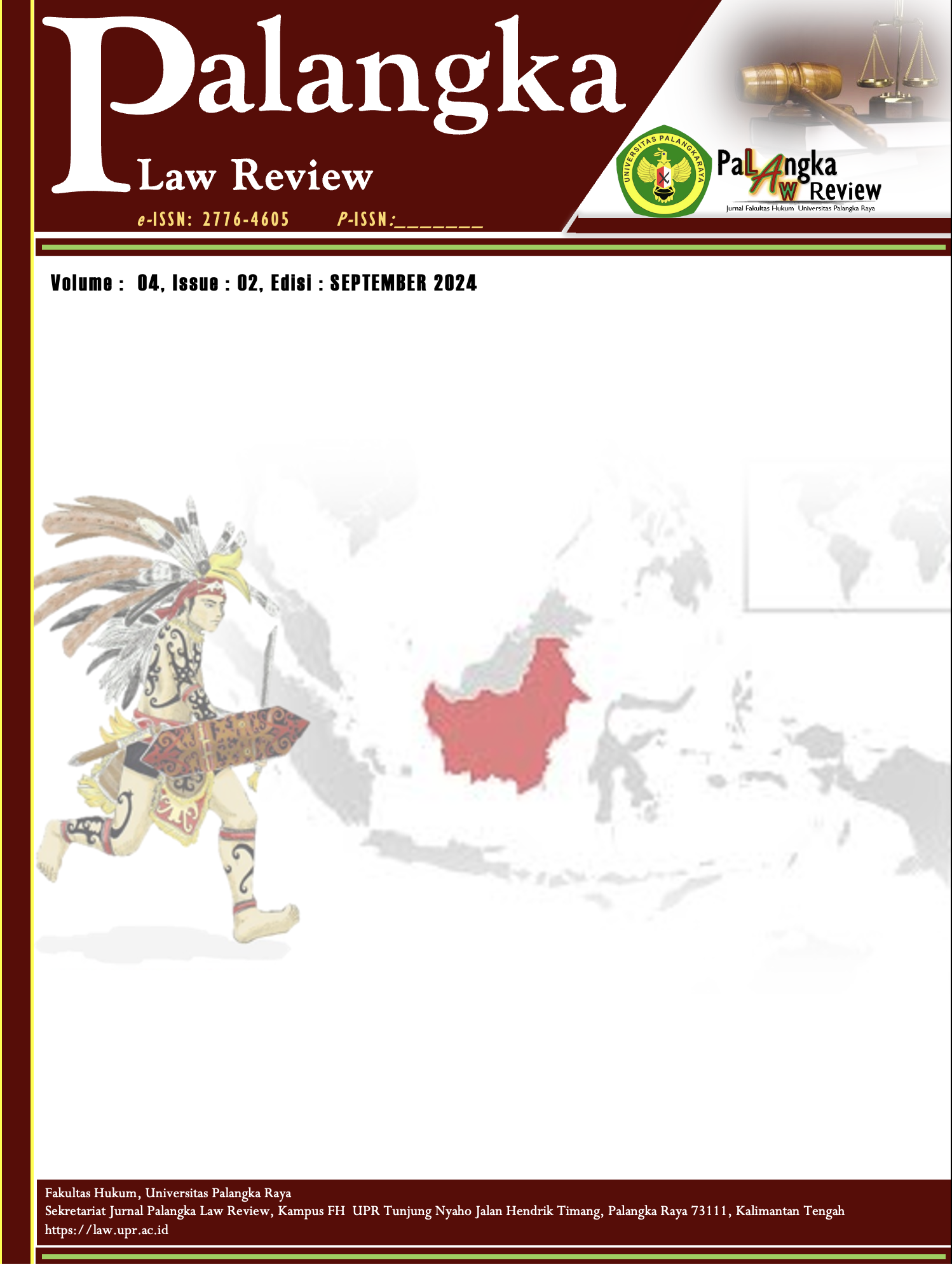The Abolition of the Parliamentary Threshold: A Legal Analysis of the Constitutional Court's Decision from the Perspective of Constitutional Law
DOI:
https://doi.org/10.52850/palarev.v4i2.14994Keywords:
Ambang Batas Parlemen, Putusan MK, Hak Politik, Tata NegaraAbstract
This article adopts a normative juridical research method. The Constitutional Court Decision Number 116/PUU-XXI/2023, which abolishes the 4% parliamentary threshold and delegates its regulation to the House of Representatives (DPR) and the Government, represents a significant milestone in Indonesia's political system. This decision carries both positive and negative implications. On the positive side, it promotes a balance between the number of DPR seats and the valid national votes while reducing wasted votes. Furthermore, it encourages greater diversity in political participation and strengthens democracy by eliminating structural barriers that hinder broader and more inclusive political engagement. However, this decision also poses several negative consequences. It may lower the quality standards of political parties, as it could lead to the proliferation of new parties whose track records and quality remain unverified. Moreover, consensus-based decision-making in Parliament may become increasingly difficult due to the growing heterogeneity, potentially resulting in political instability. Lastly, the removal of the parliamentary threshold appears inconsistent with Indonesia's electoral system.
Downloads
Downloads
Published
Issue
Section
License
Copyright (c) 2024 Muh Rakhul Rahman, Nurlaili Rahmawati, Dzakwan Fadhil Putra Kusuma, Muhammad Zidan Masykur

This work is licensed under a Creative Commons Attribution 4.0 International License.





